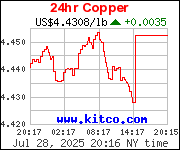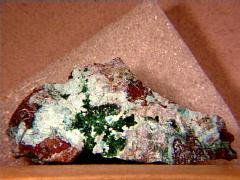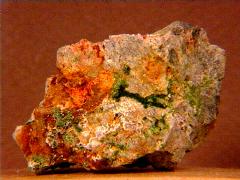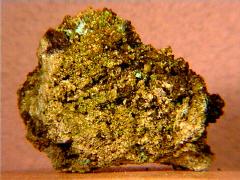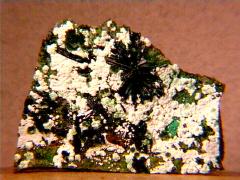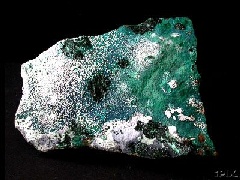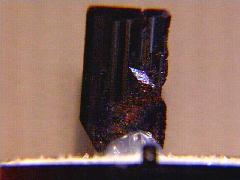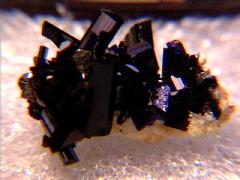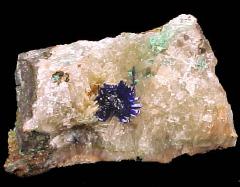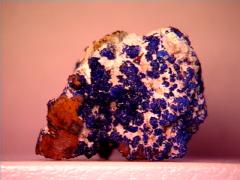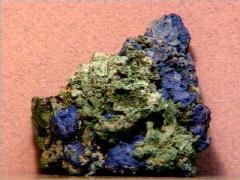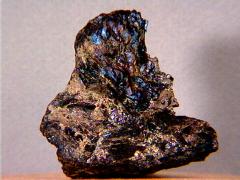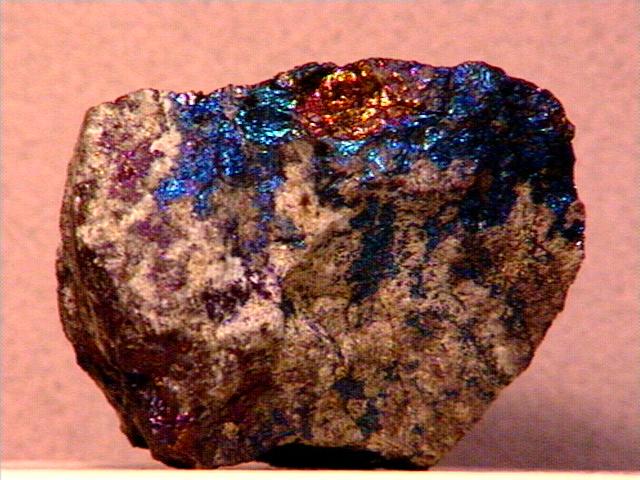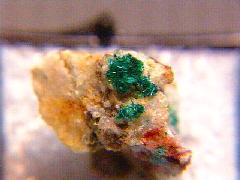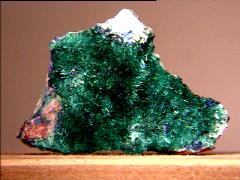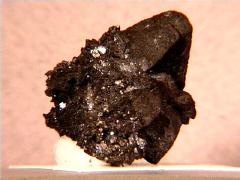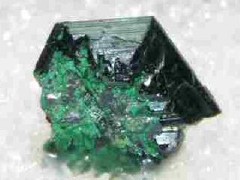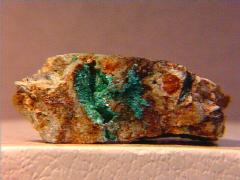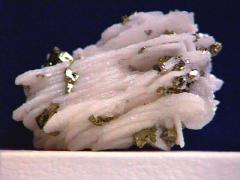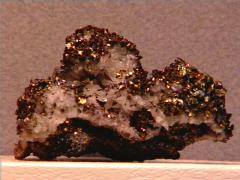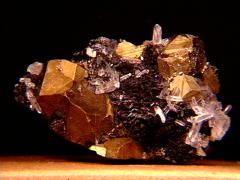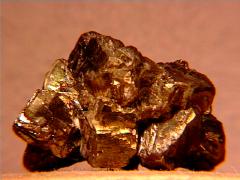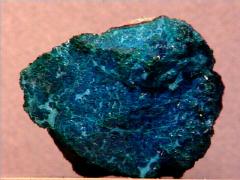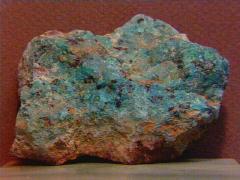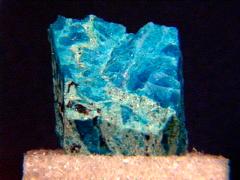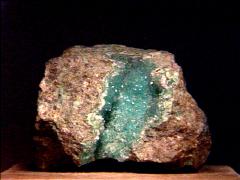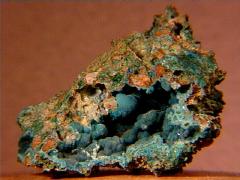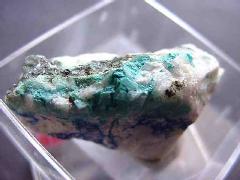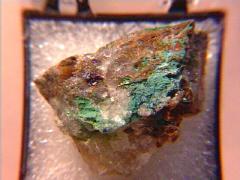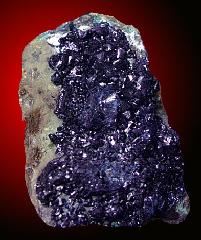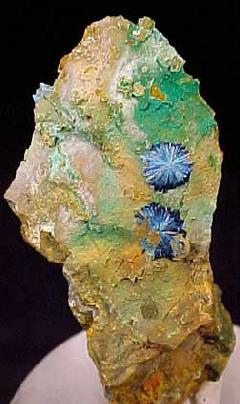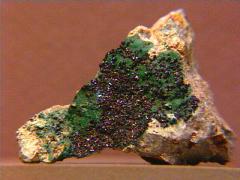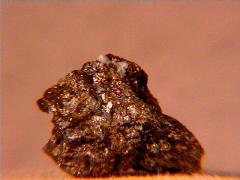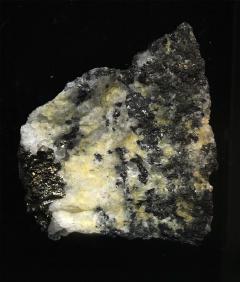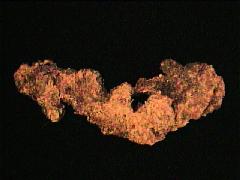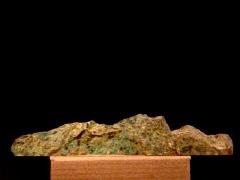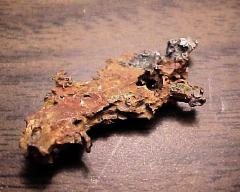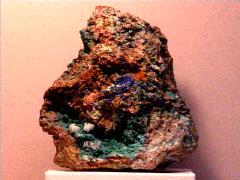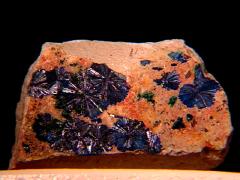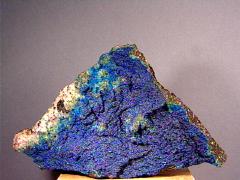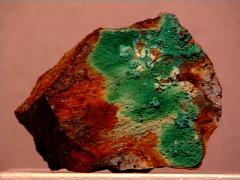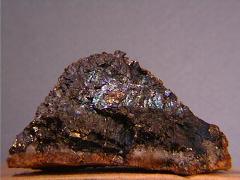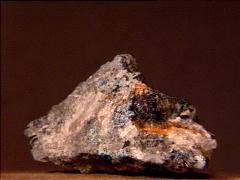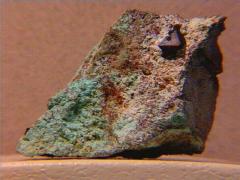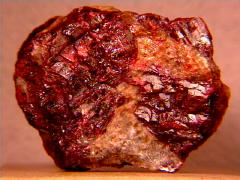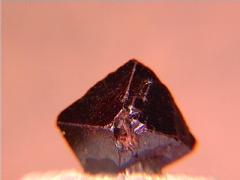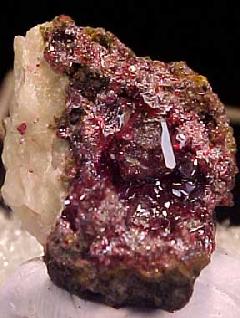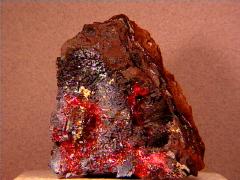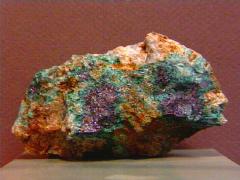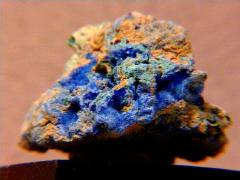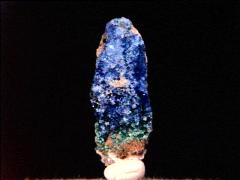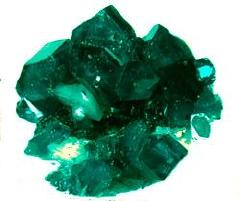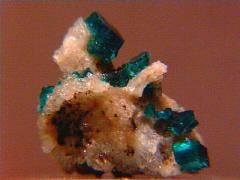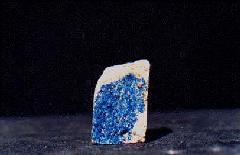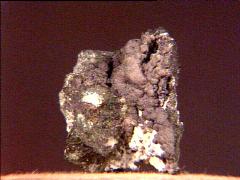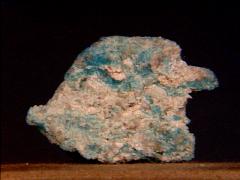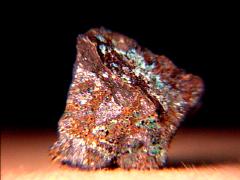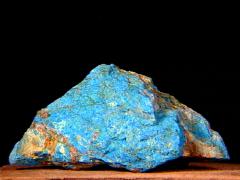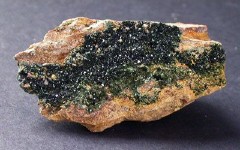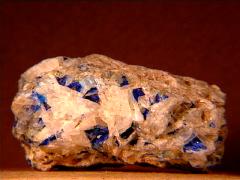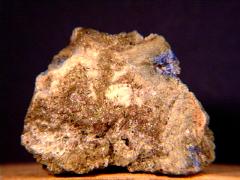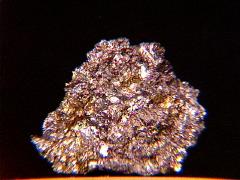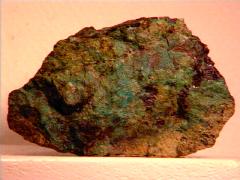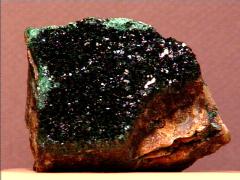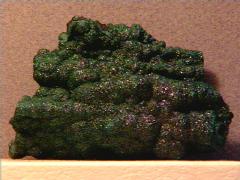Dialysis is a rush.
What do I mean by this? Am I alluding to thoughts of... "rush, rush, rush"... that technicians and RN's are likely to experience while working during turn-around? During those intense stress-inducing moments in time when patients are being taken off, machines stripped, disinfected, and primed, chairs placed in trendelenburg and cleaned, nursing assessments conducted, and newly-arrived patients being put on? All in an effort to get the next patient's treatment started at their scheduled on time?
Isn't it ironic that we call those portions of our daily routine "turn-around"? What if you were to picture the vortex of forces involved in a tornado, a destructive twister which can randomly ravage a countryside, and try to imagine this "whirlwind of activity" applied to a work setting? Wouldn't then the sensations we encounter during turn-around in a dialysis clinic seem fittingly, if oddly, descriptive?
I'm going to repeat myself; dialysis is a rush.
At least that's what I feel; let me expand upon my definition of rush to make this point. We've all heard athletes voice, after accomplishing some feat of daring, some variation of "What a rush!". Whether winning an Olympic gold medal with the fastest bobsled run on the luge, plunging down the face of an immense wall of water on a surfboard, bungee jumping, or skydiving out of a plane and free-falling prior to your chute deploying, I'm sure the sense of elation is the same.
Anyone attempting such achievements would feel a surge of adrenalin during their trials. And my thinking is this: a swift barrage of endorphins would be certain to fire, producing an alteration of brain chemistry which would undoubtedly ignite a rapturous sense of physical and mental stimulation. From http://www.slang-dictionary.org we discover Rush, Australian slang, defined as a strong feeling of exhilaration and pleasure felt after taking a narcotic or stimulant drug.
Maybe I'm just an adrenalin junkie. But I feel I'm safe in generalizing that our exposure to the modest tribulations we endure during turn-around are conducive to stimulating the body's fight or flight syndrome. They result in the end production of endorphins that benefit those who work, as well as those we treat. We all get our juices flowing. A hundred swift tasks, competently conducted, deservedly earn a rewarding glow of satisfaction.
Dialysis is a rush.
Sunday, August 3, 2014
Subscribe to:
Posts (Atom)



